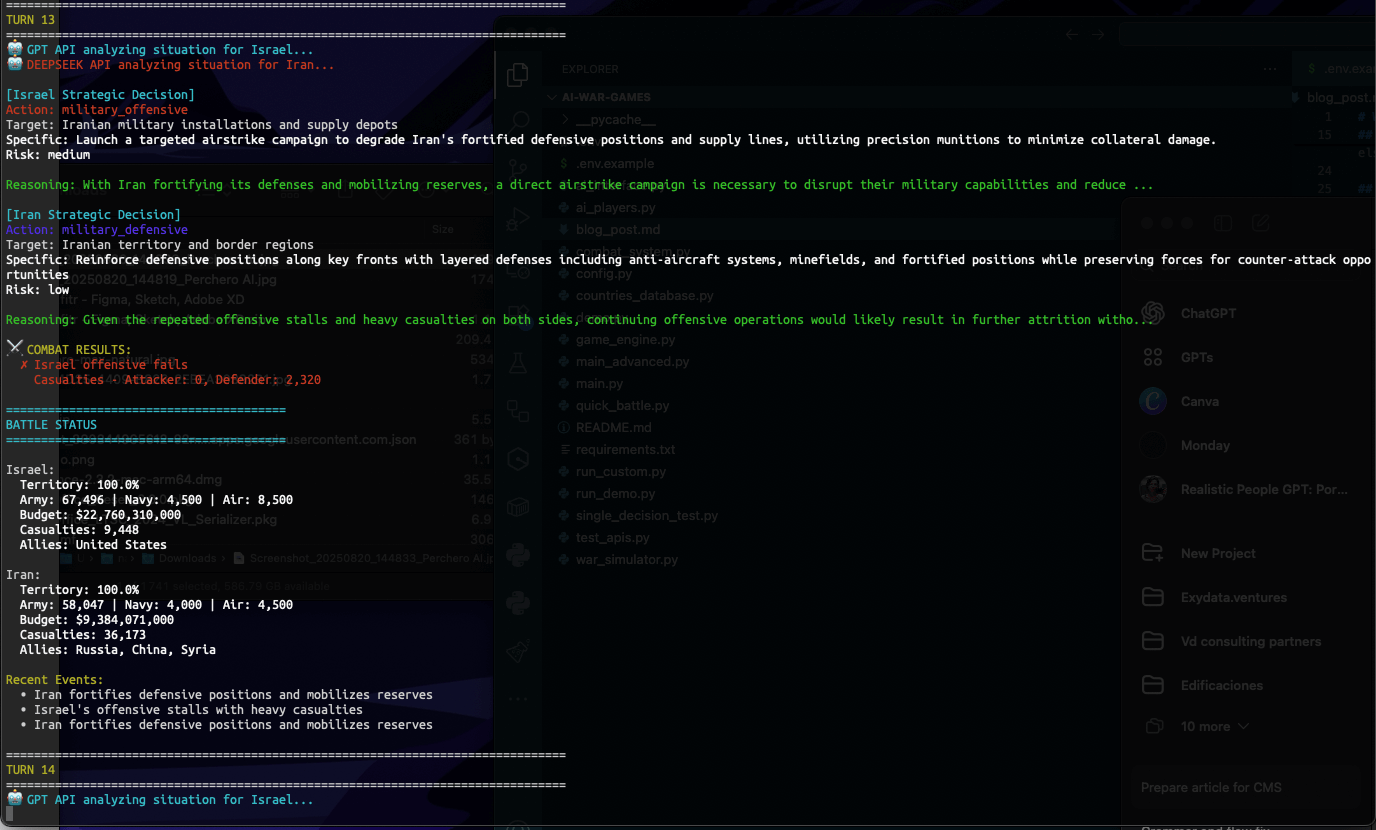Why We Shouldn't Fall in Love with Technology: Lessons from 20 Years in Tech
Getting too attached to tech tools? After 20 years in the industry, here's why we need to stop falling in love with our tech stack.

Introduction
In 2024, I reached a milestone of 20 years working in technology companies. Throughout my career, I've worked with vendors in multinational companies like Microsoft, Telefonica, and now AWS, as well as startups like InfluxData (creators of InfluxDB). I've founded (and failed at) a few startups, worked with Value Add Distributors like Licencias OnLine and Westcon Comstor, and collaborated with software factories providing staff augmentation to other companies. One common thread I've noticed across these organizations (except AWS, where I'm still in the onboarding phase) is how deeply people fall in love with technology, sometimes to the point where criticizing their preferred technology is taken as a personal insult.
It's shocking to me when technical disagreements are perceived as personal attacks. Let me explain why.
The Problem with Tech Attachment
Despite my 20 years in technology and 16 years of blogging, during which I've experimented with hundreds of technologies, I've always viewed technology as a means to an end, not the end itself. While I certainly have my preferences, I've never become emotionally attached to what I've built or chosen at any point in my career. I remain open to learning about new technologies, methods, or approaches that can help me achieve my goals, whether business, personal, or educational. For instance, I use Ghost for my blog not because I hate WordPress, but because it allows me to focus on what's important to me: writing.
Real-World Examples
I recall presenting Terraform to several teams at one organization, demonstrating how we could reduce weeks of work to just an hour or less. Some audience members questioned this, defending their months-long Bash scripting project. They resisted learning something new, citing concerns about standardization and claiming, "Bash is good enough for us so far."
In my last startup, I focused on solving customer needs. As a non-experienced developer, I managed to code a Python engine that could interact with multiple cloud providers to deploy databases, authentication mechanisms, and billing features within minutes. Despite being proud of this "baby," I remained clear-headed about the need to pivot if it wasn't meeting market needs, regardless of how impressive the technology was or how much proud I was about what I built.
How to Overcome Technology Attachment
A few thoughts on how to overcome this...
- Don't take things personally - It's not an attack on you if your preferred technology (like InfluxDB) is outperformed by an alternative (like ClickHouse).
- Create solutions that solve real problems - Don't build complex architectures just because you can; work backwards from customer needs, as Amazon does so well.
- Stay open-minded - When presented with new solutions or methodologies, listen and evaluate their potential value before dismissing them.
- Keep learning and iterating - Continue to read, practice, and learn from failures.
- Remember: Technology is a means, not an end.
Conclusion
I understand it's challenging to move away from technologies and practices we've championed throughout our careers. Our ego makes it difficult to accept that our long-held beliefs might not be optimal anymore. However, we must maintain the same curiosity and openness to learning that we had at the beginning of our careers.
The key is to remain receptive to new ideas while being discerning, embrace what's useful and discard what isn't. Have a great 2025!




